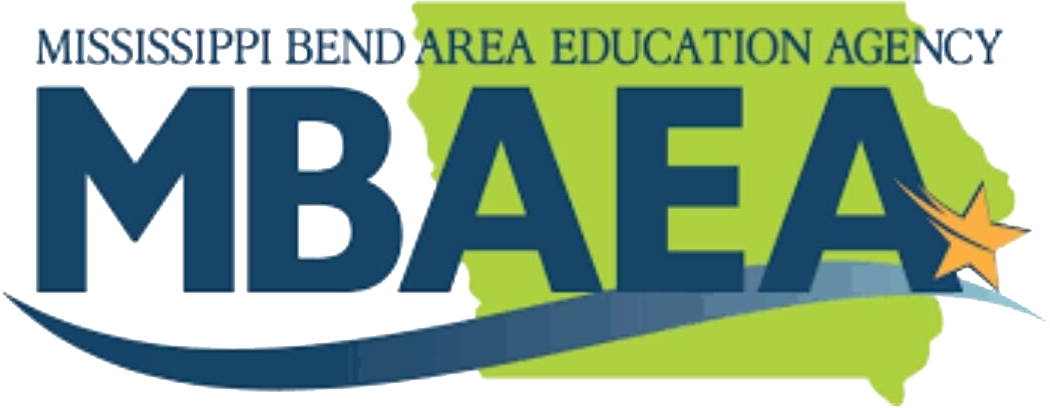Transition to Post-school Activities
The federal Individuals with Disabilities Education Act (IDEA) mandates that schools provide services to students with disabilities to assist in their transition from school to post-school activities. Secondary transition services are designed to be a results-oriented process, with a focus on improving the academic and functional achievement of the student and facilitating the student’s movement from school to post-school activities (e.g., post-secondary education, vocational education, integrated employment, independent living).
The overall goal is to facilitate the movement of students with disabilities from secondary special education to meaningful employment and a quality adult life. Secondary transition planning must begin no later than when the first Individualized Education Program (IEP) is to be in effect when the student turns 14 or younger if determined appropriate by the IEP team.
Mississippi Bend AEA offers secondary transition services to assist schools, students and families in preparing for post-secondary living, learning and working in the community. For example, Mississippi Bend AEA provides professional learning for middle and high school special education teachers on such topics as IEP design, transition assessment and analysis and special education transition procedures. The Agency also employs consultants who assist districts, teachers, parents and students with disabilities with transition planning. These consultants support parents of secondary students with disabilities in several ways, such as:
making linkages to community agencies, financial supports (e.g., SSI), waiver supports and services and state agencies (e.g., Vocational Rehabilitation) and
assisting with case coordination (e.g., ChildServe, Easter Seals) and supports needed for post-secondary learning (e.g., accommodations).
Six Critical Elements of Transition
Six critical elements of transition should be followed when planning for and providing transition services.
Student preferences and interests
Age-appropriate transition assessments
Post-secondary expectations for living, learning and working
Course of study
Annual goals
Services and supports
Members of the IEP team (including parents and educators) can download the Transition Resource Guide as an aid during the transition process. Additionally, the Transition Planning Tool can be a helpful resource to families as they begin to consider their learner’s transition needs.
For more information, visit: Iowa Department of Education
Jody Quiroz
Transition Specialist
563-344-6288
(Serves Bettendorf Community School District, Clinton County School District, Jackson County School District, North Scott Community School District)
Michelle Wehr
Transition Specialist
Phone: 563-344-6292
(Serves Davenport Community School District, Louisa County School Districts, Muscatine County School Districts, Pleasant Valley Community School District)
